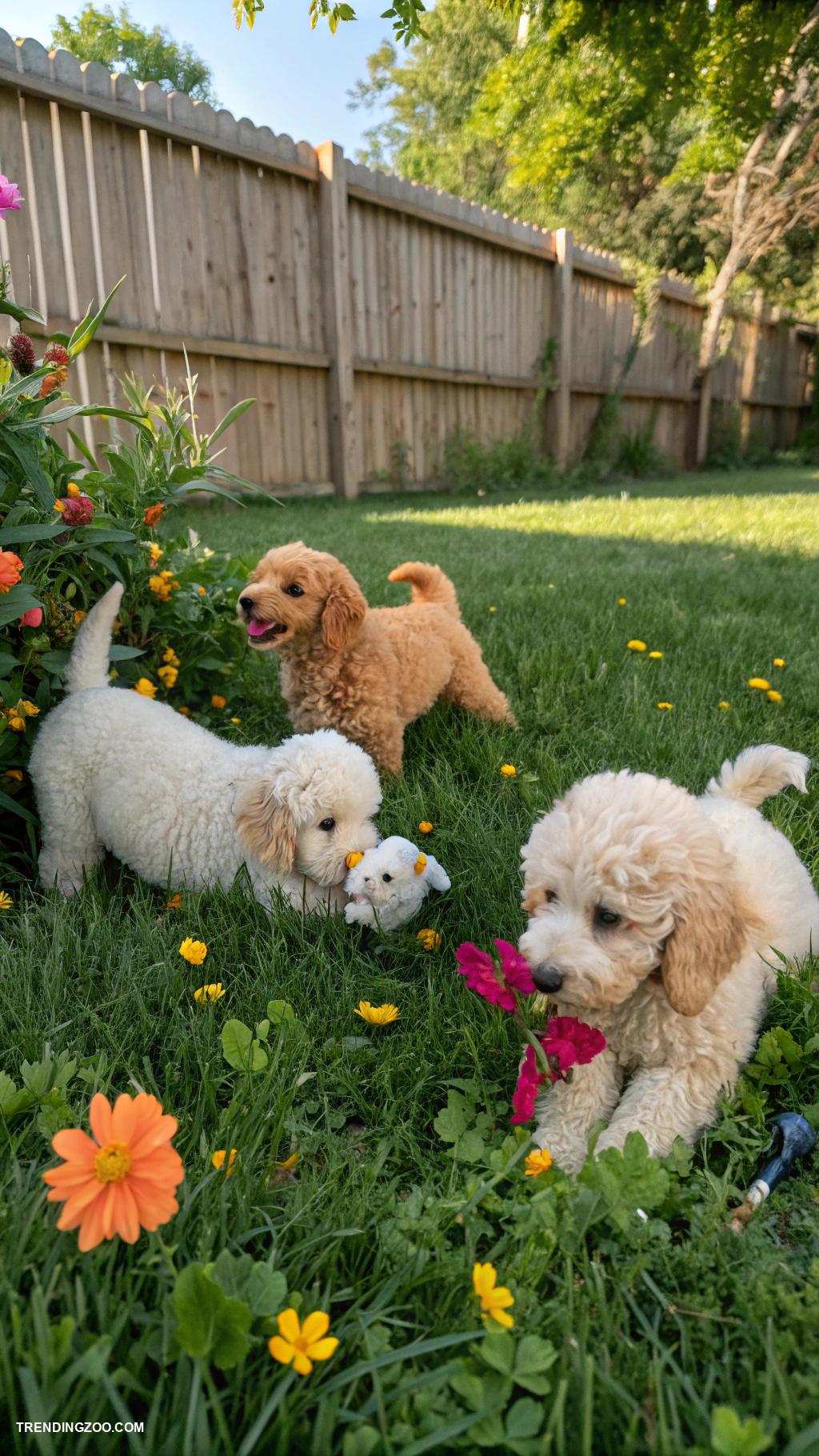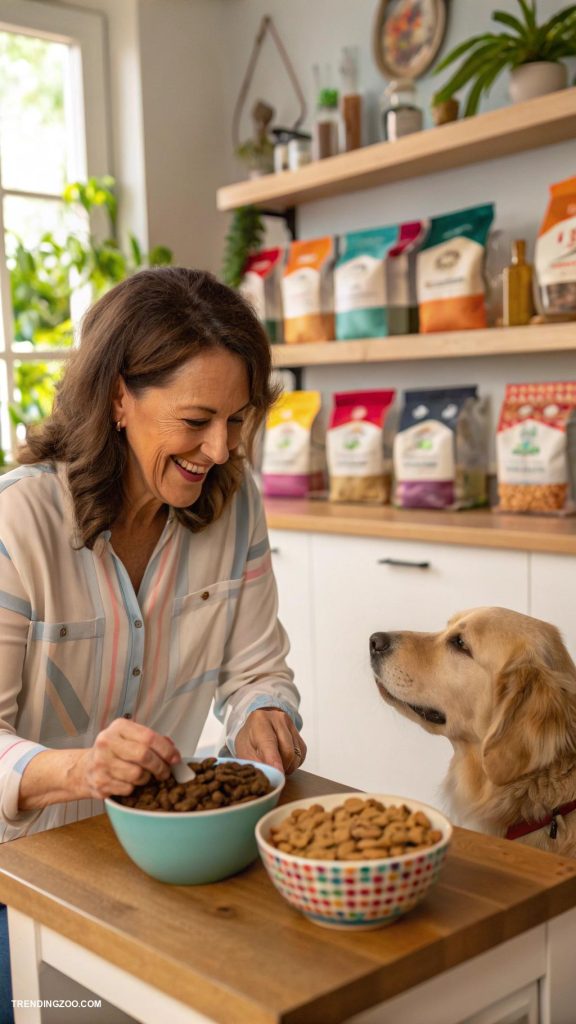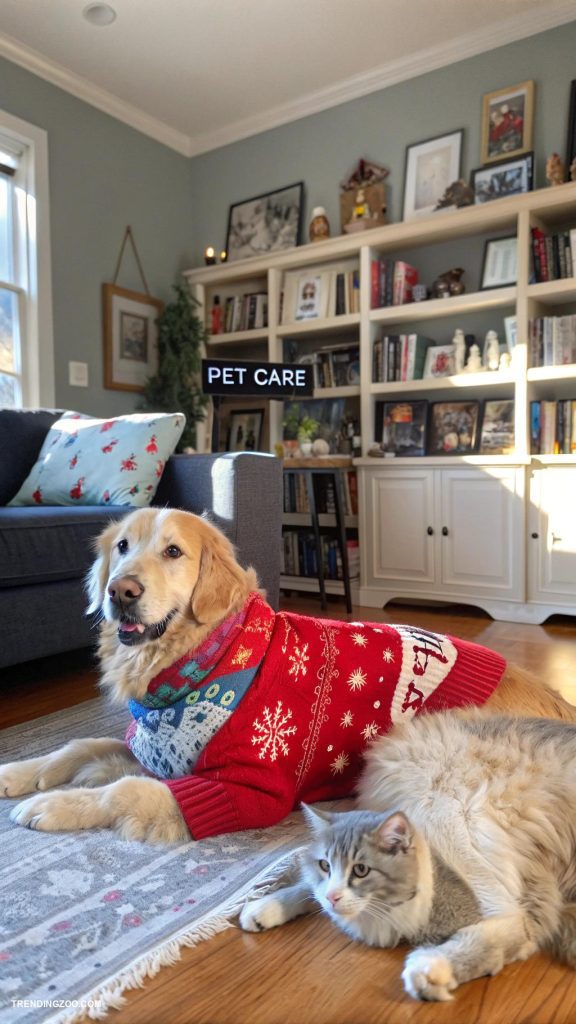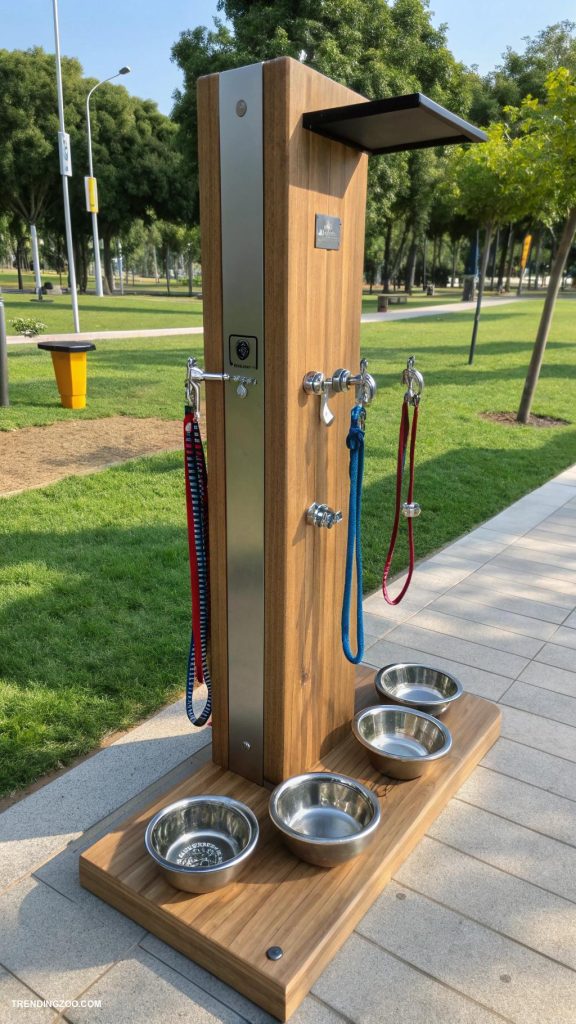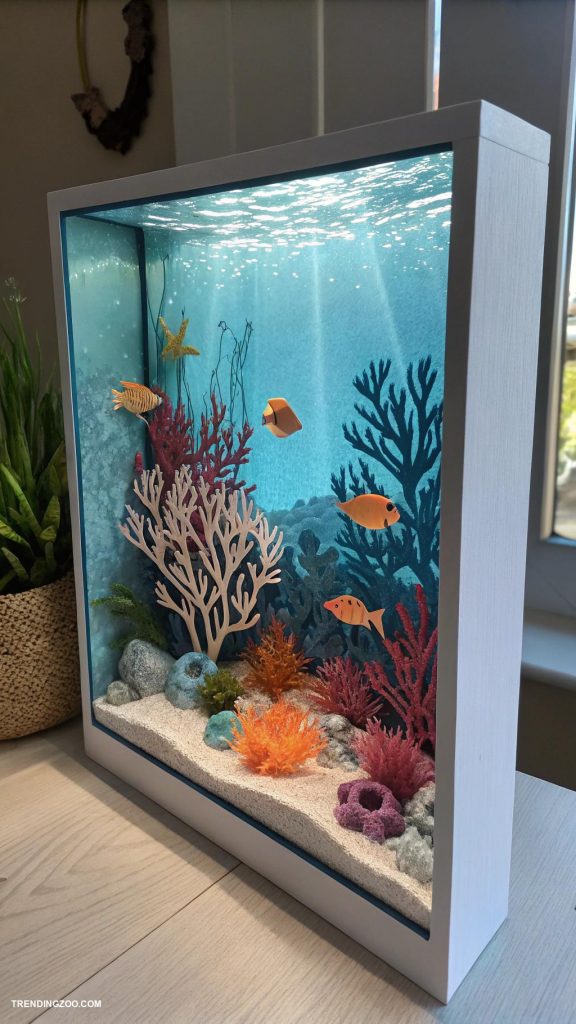There’s something undeniably charming about poodle puppies, with their curly locks and playful antics. These adorable balls of fluff have captured the hearts of many pet owners, and it’s easy to see why. With their intelligence, trainability, and loving nature, poodle puppies make wonderful companions for families. But before you bring one home, it’s essential to understand the unique needs and characteristics of these beloved breeds.
From their grooming requirements to their exercise needs, we’ll learn about poodle puppies and provide you with a guide to help you decide if this breed is right for you.
Overview of Poodle Breeds
Poodle breeds are a diverse and fascinating group of dogs that have been delighting humans for centuries. Originating in Germany, these curly-coated canines have evolved into three main varieties: Standard, Miniature, and Toy. Each type has its unique characteristics, size, and temperament, making them a popular choice for many pet owners.
Standard Poodles are the largest of the three, typically weighing between 40-70 pounds and standing 15-20 inches tall at the shoulder. They are often used as show dogs and are known for their intelligence, athleticism, and elegant appearance.
Miniature Poodles, on the other hand, are smaller, weighing between 10-15 pounds and standing 10-11 inches tall. They are often favored as family pets due to their playful, affectionate nature and relatively low maintenance grooming needs.
Toy Poodles are the smallest of the trio, weighing less than 10 pounds and standing 10 inches or less. They are often kept as companion dogs and are prized for their big eyes, tiny ears, and big personalities.
Despite their differences, all Poodle breeds share a common trait – their intelligence, trainability, and ability to thrive on human interaction and attention.
Characteristics of Poodle Puppies
Poodle puppies are known for their unique and charming characteristics, which make them a delight to own and care for. From the moment they’re born, poodle puppies are bundles of energy and curiosity, constantly exploring their surroundings and testing the boundaries of their new world. Their coats are soft and curly, with a variety of colors to choose from, including black, white, silver, and apricot.
As they grow, their fur becomes more defined, with the iconic poodle “pom-poms” forming around their ears, legs, and tail. Poodle puppies are also known for their intelligence and trainability, making them highly responsive to commands and eager to please.
They are social animals that thrive on interaction and attention, and they quickly form strong bonds with their human families. With proper care and socialization, poodle puppies can grow into well-adjusted and loving companions, bringing joy and companionship to their owners for years to come.
Poodle Puppy Care and Maintenance
When it comes to Poodle puppy care and maintenance, it’s essential to establish a routine that promotes overall health, hygiene, and happiness. From the moment they arrive home, Poodle puppies require a strict vaccination schedule, which typically begins at six weeks and concludes around 16 weeks. During this time, it’s crucial to keep up with regular check-ups with your veterinarian to monitor their progress and address any potential health concerns.
In addition to vaccinations, Poodle puppies need a series of deworming treatments to eliminate any internal parasites. Nutritionally, Poodle puppies thrive on a high-quality, nutrient-rich puppy food that’s specifically formulated for their breed and age. Feeding schedules should be carefully monitored to prevent overeating or under-eating, as Poodle puppies can be prone to obesity.
Grooming is also a vital aspect of Poodle puppy care, as their curly coats require regular brushing to prevent matting and tangling. Daily brushing sessions can help distribute natural oils throughout their coats, promoting healthy skin and a lustrous appearance.
As Poodle puppies grow, they’ll require regular nail trimming, ear cleaning, and dental care to prevent common health issues.
Training Tips for Poodle Puppies
Training a poodle puppy requires patience, consistency, and positive reinforcement. From an early age, it’s essential to establish a routine and set clear boundaries to help your puppy develop good habits and manners. Start with basic obedience commands like “sit,” “stay,” and “come,” using treats and praise to encourage good behavior. Be sure to keep training sessions short and fun, as poodle puppies have short attention spans and can get easily distracted.
As your puppy grows, you can gradually introduce more complex commands and tricks, such as “shake” and “roll over.” It’s also crucial to socialize your poodle puppy with people, other animals, and new environments to help them become confident and calm in various situations.
Consider enrolling your puppy in a puppy training class or working with a professional trainer to help you navigate the training process and address any behavioral issues that may arise.
Health Considerations for Poodle Puppies
As you welcome a new poodle puppy into your family, it’s essential to prioritize their health and well-being from the very beginning. Poodle puppies are prone to certain health issues that can be prevented or managed with proper care and attention.
One of the most common health concerns for poodle puppies is hip dysplasia, a genetic condition that affects the hip joint and can lead to arthritis and mobility issues. Responsible breeding practices, such as screening for genetic markers and selecting parents with healthy hips, can help reduce the risk of hip dysplasia.
Regular exercise and a balanced diet can help maintain a healthy weight and reduce the strain on the puppy’s joints. Another critical health consideration for poodle puppies is eye problems, including progressive retinal atrophy and cataracts.
Regular eye exams with a veterinarian can help detect these issues early on, and in some cases, surgery or medication may be necessary to treat them. Poodle puppies are also susceptible to skin allergies and irritations, which environmental factors, food sensitivities, or genetic predispositions can cause.
A balanced diet, regular grooming, and avoiding exposure to harsh chemicals or allergens can help prevent or manage these issues. Finally, poodle puppies require a rigorous vaccination schedule to protect them from diseases.
Socialization Needs of Poodle Puppies
As soon as they open their eyes and start to explore their surroundings, poodle puppies are social creatures that thrive on interaction and attention from their human family members. In fact, socialization is a crucial aspect of a poodle puppy’s development, as it lays the foundation for their behavior, temperament, and ability to form strong bonds with their owners.
During the first 16 weeks of life, poodles are most receptive to new experiences, people, and environments, making it a critical period for socialization. It’s essential to expose them to various sights, sounds, smells, and textures to help them build confidence and reduce the risk of developing anxiety or fear-based behaviors later in life. This can be achieved by taking them on regular outings, introducing them to new people, and encouraging play with other dogs.
Additionally, providing plenty of praise, rewards, and affection can help reinforce positive behaviors and strengthen the bond between the puppy and their human caregivers. By prioritizing socialization, you’ll be setting your poodle puppy up for a happy, well-adjusted, and loving relationship with your family.
Choosing the Right Poodle Puppy for Your Family
When it comes to choosing the right poodle puppy for your family, there are several factors to consider. First and foremost, it’s essential to think about your lifestyle and the amount of time you have to dedicate to your new furry friend.
Poodles are highly intelligent and active dogs that require regular exercise and mental stimulation, so if you lead a busy schedule, a poodle might not be the best fit. On the other hand, if you have a large family with plenty of space and energy to spare, a poodle could thrive in your home.
Consider the grooming needs of poodles, as they require regular brushing and clipping to prevent matting and tangling of their fur. If you’re not comfortable with this level of maintenance, a poodle might not be the right choice.
It’s also important to think about your family’s allergies and sensitivities, as poodles are known for their low-shedding, hypoallergenic coat. If someone in your household has allergies, a poodle could be a great option.
Finally, consider the temperament of the puppy, as poodles are known for their friendly, outgoing personalities. If you’re looking for a dog that will be a great companion and interact well with your family, a poodle could be a great choice!

